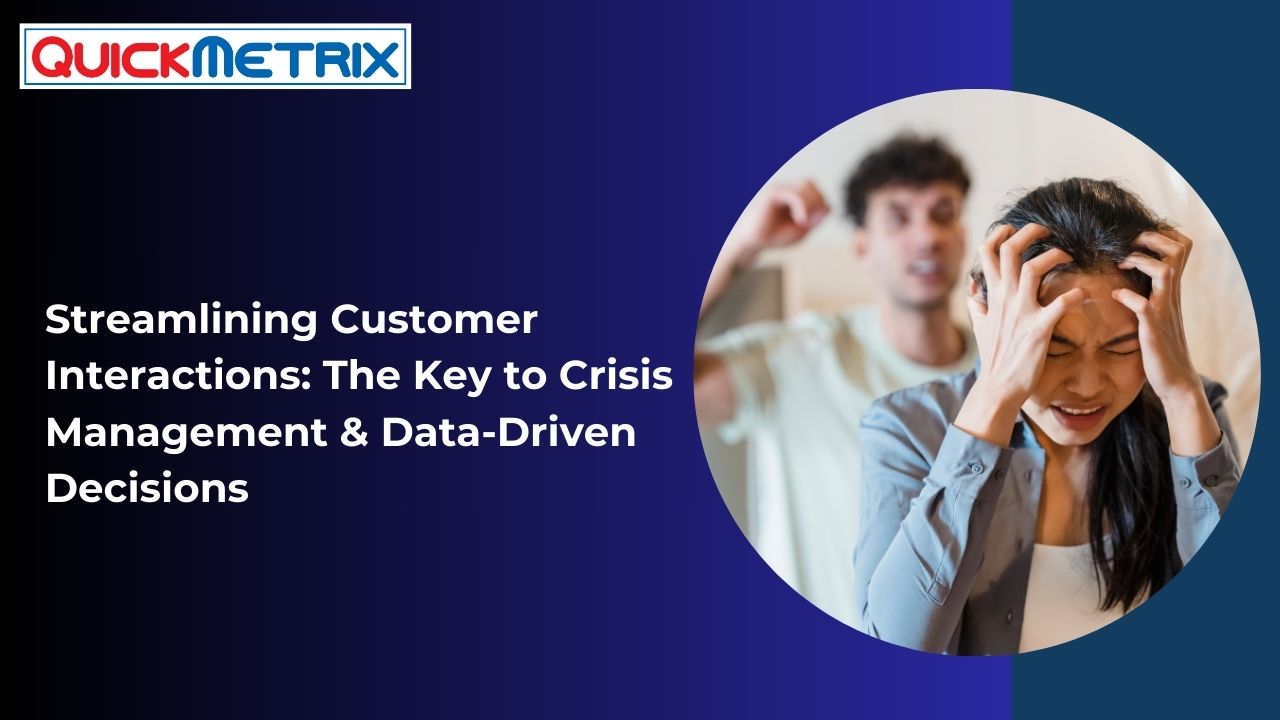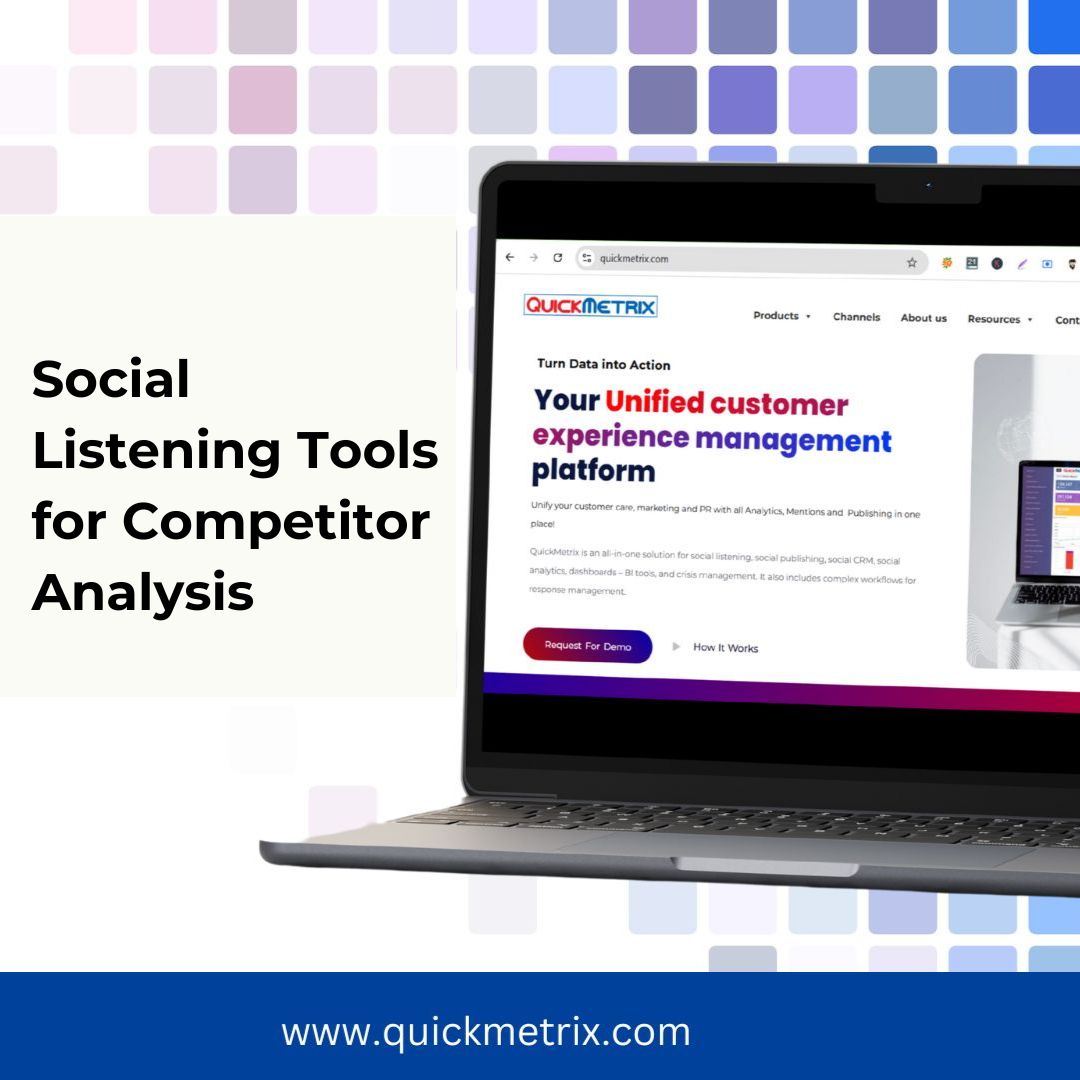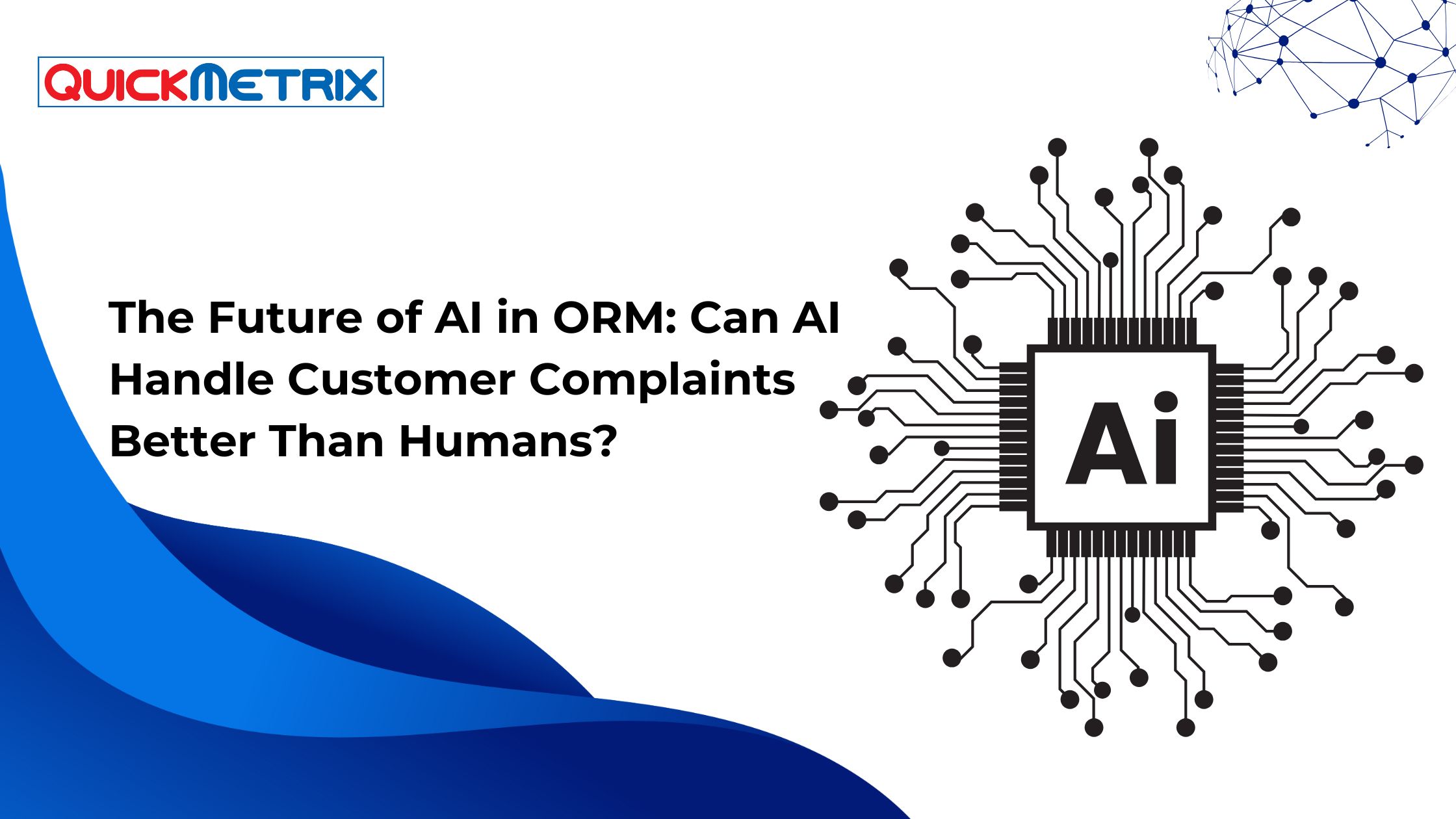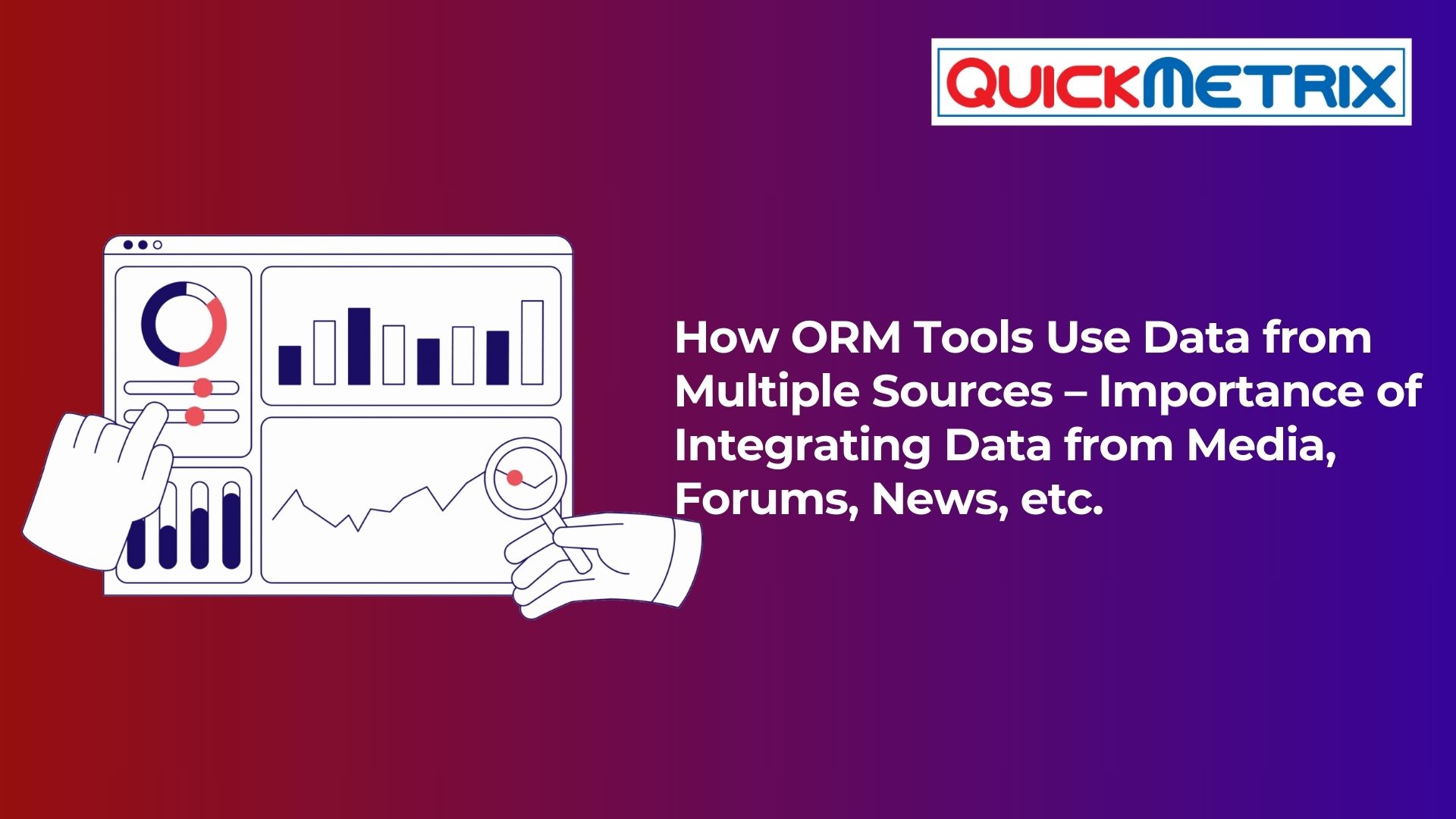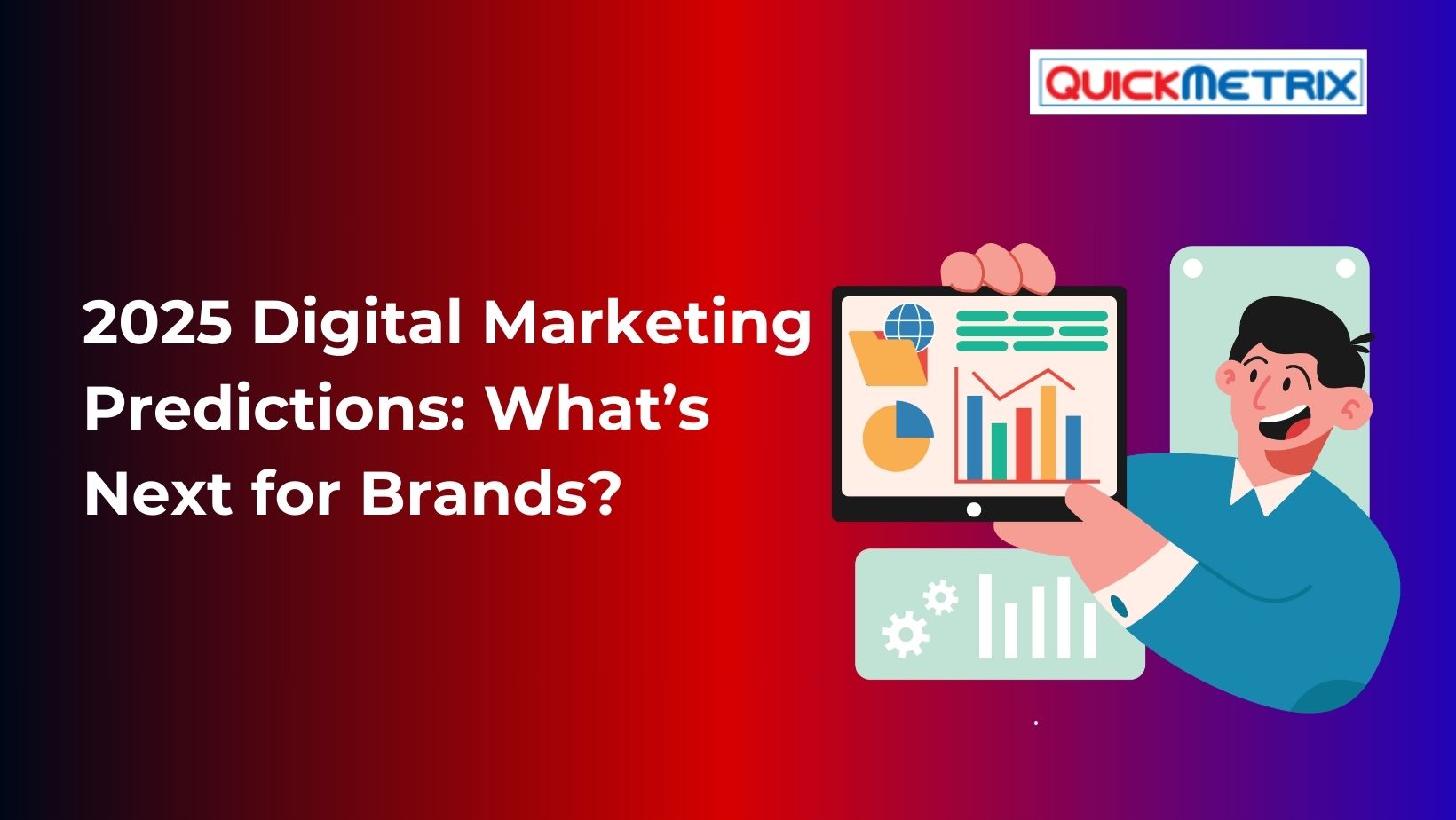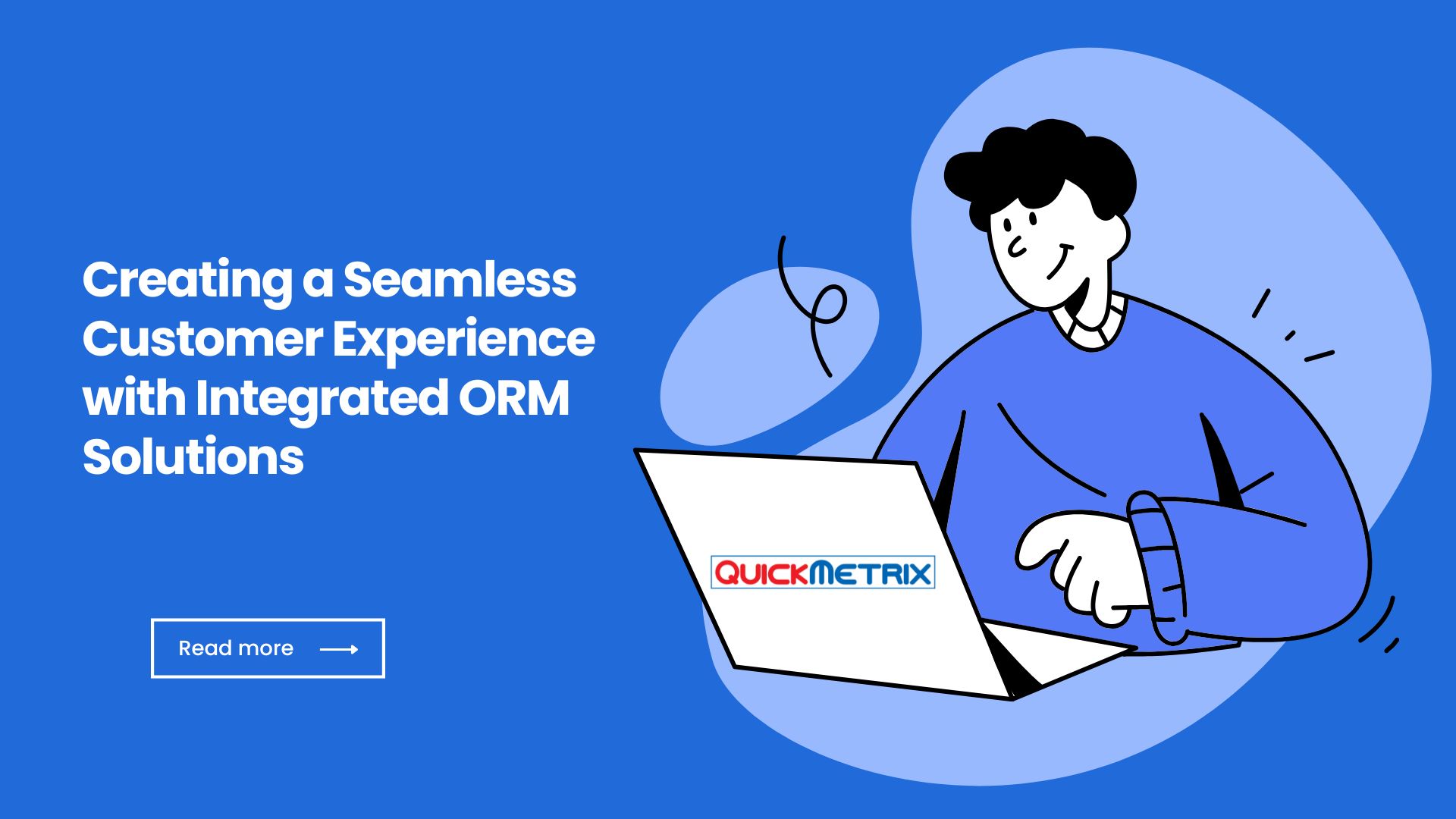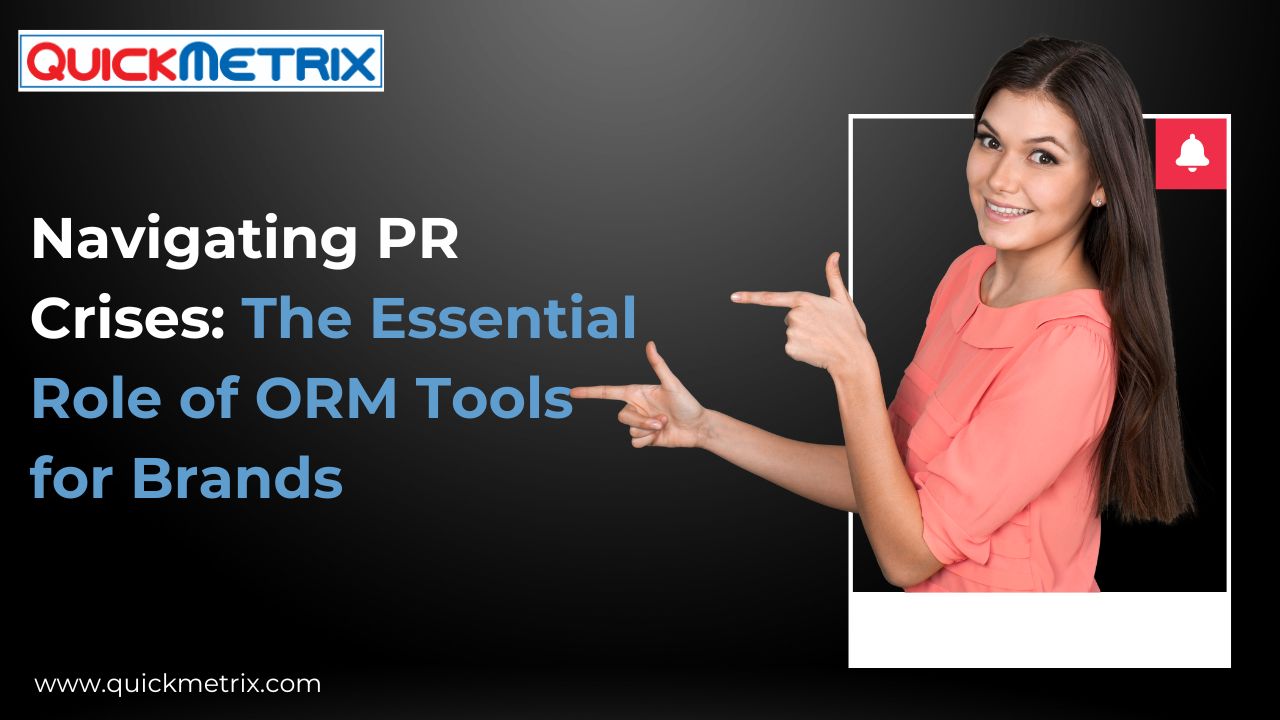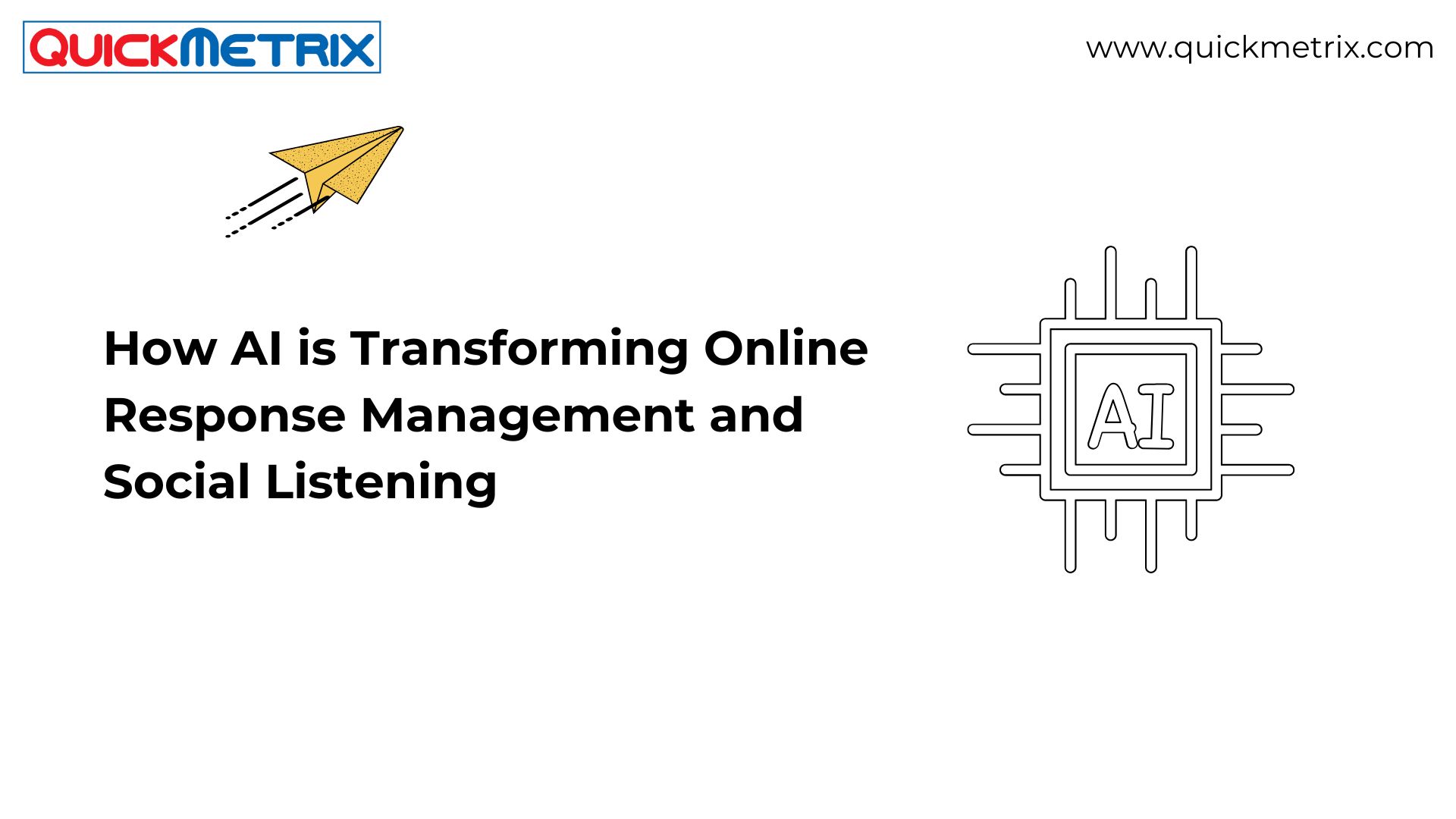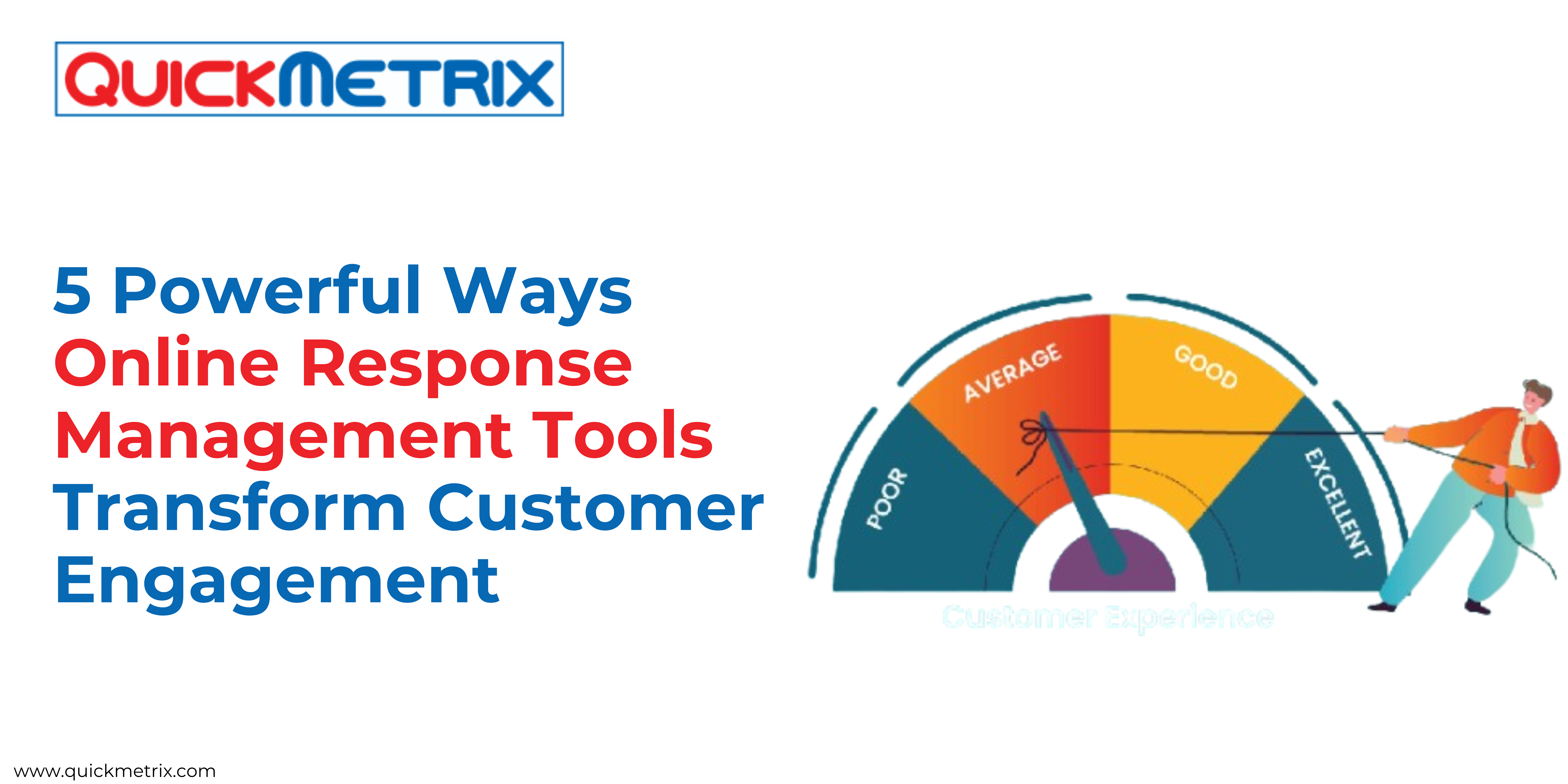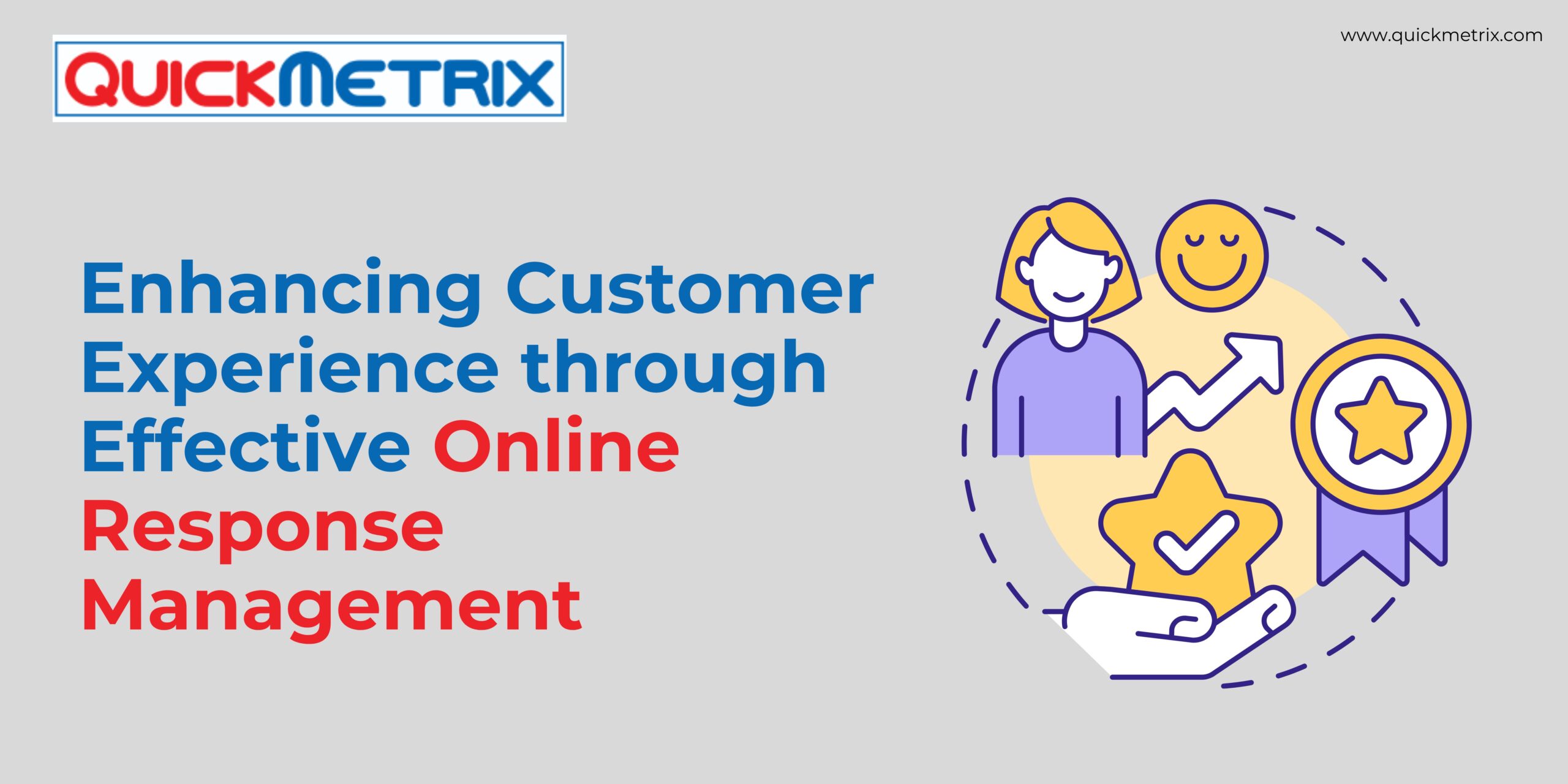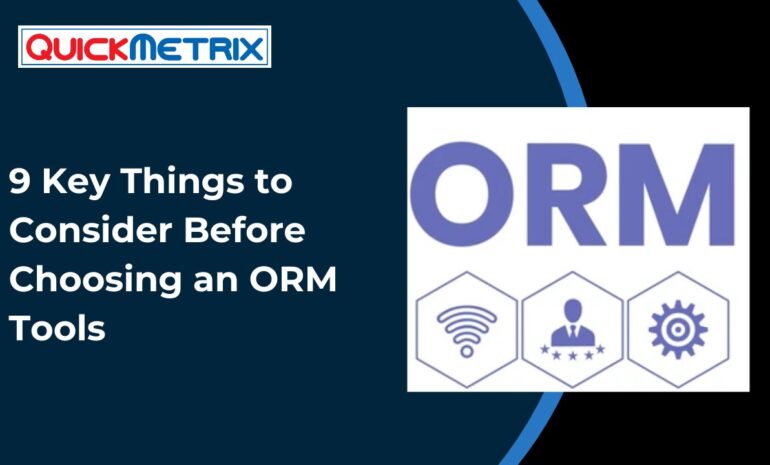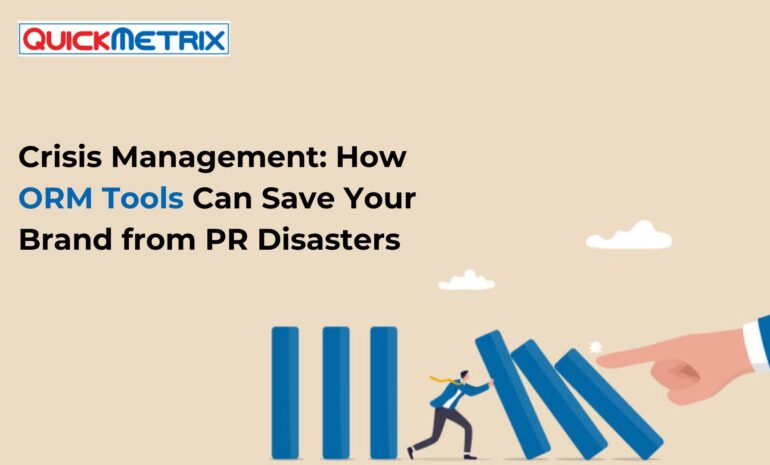1. Understanding ORM: A Foundation for Digital Marketing
1.1 What Online Response Management (ORM)?
Online Response Management, or ORM, to the practice of monitoring and influencing how a business is perceived online. This involves:
- Definition and Components: ORM encompasses various strategies and techniques aimed at improving a company’s reputation by managing online reviews, addressing customer feedback, and ensuring that accurate information is available about the brand.
- Historical Context of ORM in Digital Marketing: ORM has evolved significantly over the years. Initially, businesses relied heavily on word-of-mouth and traditional marketing. However, as digital platforms emerged, the focus shifted to managing digital interactions and perceptions.
- Shift from Traditional Marketing to Digital Reputation Management: Traditional marketing strategies could often mask negative perceptions. In contrast, digital reputation management requires an active approach, as potential customers are influenced by online reviews and social media interactions.
1.2 The Role of ORM in Today’s Business Landscape
In today’s competitive market, effective ORM plays a pivotal role:
- Impact of Customer Perception on Business Success: Research shows that a vast majority of consumers trust online reviews as much as personal recommendations. A positive perception can make or break a business’s reputation.
- How ORM Influences Consumer Behavior: Customers actively seek information online before making purchasing decisions. If a brand maintains a positive online image, they are more likely to attract and retain customers.
- The Value of Trust in Maintaining Customer Loyalty: Trust is the cornerstone of customer loyalty. By managing their online reputation, businesses can foster lasting relationships with their customers.
1.3 The Evolution of ORM Tools
The landscape of ORM tools has changed dramatically:
- Overview of ORM Tools Available Today: Nowadays, there are countless ORM tools available that cater to different business needs, from managing social media mentions to tracking online reviews.
- Advancements in Technology That Changed ORM: With improvements in AI and data analytics, ORM tools can now provide deeper insights into public sentiment and engagement.
- The Growth of Social Media and Its Impact on ORM Strategies: Social media platforms have become critical for ORM, as they serve as both a marketplace and a forum for public opinion.
2. The Benefits of Implementing ORM Tools
2.1 Protecting Brand Reputation
Focusing on brand reputation management can save businesses from potential pitfalls:
- Case Studies on Reputation Crises and Recovery: For instance, businesses like United Airlines faced significant backlash during negative incidents. However, timely ORM responses helped to regain customer trust.
- The Proactive Approach to Managing Negative Feedback: Companies that address negative feedback immediately can often turn a bad experience into a positive one, creating an opportunity to demonstrate excellent customer service.
- Monitoring Tools for Brand Mentions and Reviews: With tools like Google Alerts or Mention, businesses can stay on top of discussions about their brand, allowing for timely responses.
2.2 Enhancing Customer Engagement
Engaged customers are loyal customers:
- How ORM Tools Facilitate Better Customer Interactions: ORM tools, such as social listening platforms, allow businesses to understand what customers are saying and respond accordingly.
- Importance of Responding to Reviews and Feedback: Responding to reviews lets customers know their opinions are valued and encourages them to share more feedback.
- Building a Community Through Effective Reputation Management: A strong ORM strategy can foster a sense of community among customers, enhancing brand loyalty.
2.3 Driving Business Growth
ORM is not just about reputation; it also drives growth:
- Correlation Between ORM and Sales Performance: Research indicates a direct relationship between positive online sentiment and sales performance.
- The Long-Term Effects of a Positive Online Presence: Businesses with a strong online reputation often find it easier to market new products and engage with new customers.
- Strategies to Leverage ORM for Increasing Market Share: By actively managing their reputation, businesses can differentiate themselves from competitors, leading to increased market share.
3. Essential ORM Tools for Businesses in 2024
3.1 Social Listening Tools
Social listening is vital in ORM:
- Overview of Popular Social Listening Platforms: Tools like QuickMetrix, Sprinklr, Meltwater Hootsuite and Brandwatch help track brand mentions across all social platforms, providing valuable insights.
- How to Select the Right Tool for Your Business Needs: Evaluate tools based on your specific needs, such as feature set, ease of use, and integration with other platforms.
- Best Practices for Employing Social Listening in ORM: Regularly monitor conversations about your brand, engage with your audience, and adjust your strategies based on insights gathered.
- Importance of Managing Online Response management Effectively: A considerable portion of consumers check reviews before deciding to do business with a brand.
- Key Features to Look for in online response Management Tools: Search for features that allow for easy monitoring, response templates, and analytics to track review performance.
- How to Encourage Positive Reviews From Satisfied Customers: Ask happy customers for reviews post-purchase, perhaps through follow-up emails or special discounts.
3.3 Analytics and Reporting Tools
Data drives decisions:
- Understanding the Metrics That Matter in ORM: Focus on metrics such as sentiment analysis, engagement rates, and review scores to gauge ORM effectiveness.
- Tools for Tracking ORM Performance and Sentiment Analysis: Tools like QuickMetrix and Sprout Social can provide essential insights into online performance.
- How to Make Data-Driven Decisions with ORM Insights: Use the data collected to inform marketing strategies and customer service practices, ensuring continuous improvement.
4. Integrating ORM into Your Digital Marketing Strategy
4.1 Aligning ORM with Overall Business Goals
An integrated approach is key:
- Setting Clear Objectives for ORM Initiatives: Define what success looks like for your ORM efforts, whether it’s improved sentiment scores or increased customer engagement.
- Ensuring Consistency with Brand Values and Messaging: Your ORM strategy should reflect your company’s core values and messaging for a cohesive brand identity.
- Measuring Success: Key Performance Indicators (KPIs) for ORM: Regularly revisit your KPIs to assess the effectiveness of your ORM practices.
4.2 Training and Empowering Your Team
Your team plays a critical role:
The Importance of an ORM-Focused Culture Within Teams: Create an environment where each team member understands the importance of online reputation
- Training Staff on ORM Best Practices: Conduct regular training sessions to ensure everyone knows how to handle online interactions appropriately.
- Roles and Responsibilities in an ORM Strategy: Clearly outline who is responsible for various aspects of your ORM efforts, from monitoring to responding to feedback.
4.3 Case Studies of Successful ORM Integration
Learning from others can guide your approach:
- Examples of Companies That Effectively Integrated ORM: Brands like Zappos have become known for excellent ORM strategies, turning potential negatives into positives through quick and thoughtful responses.
- Lessons Learned From ORM Successes and Failures: Analyze what worked and what didn’t to inform your own ORM strategy moving forward.
- How These Examples Can Guide Future ORM Strategies: Use these insights to shape a proactive reputation management plan that suits your business.
5. Future Trends in ORM and Digital Marketing
5.1 The Rise of AI in ORM
AI is making waves in the ORM field:
- How Artificial Intelligence is Transforming ORM Tools: AI tools can assist in sentiment analysis, providing businesses with real-time insights on public perception.
- Potential Benefits and Challenges of AI in Reputation Management: While AI can streamline processes, it’s essential to ensure human oversight to maintain a personal touch.
- Predictions on the Future Role of AI in ORM: Expect AI to play a more prominent role in automated responses and gathering insights from vast data sets.
5.2 The Growing Importance of Transparency
Transparency is becoming a valued trait:
- Trends Towards Accountability and Authenticity in Business: Today’s consumers are more informed and seek genuine interactions from brands.
- Strategies for Fostering Transparency Through ORM: Regularly communicate with customers and be upfront about any potential issues or changes.
- Impact of Transparency on Brand Trust and Consumer Choices: Open communication builds trust, which can lead to better customer loyalty.
5.3 Anticipating Changes in Consumer Behavior
Understanding your audience is crucial:
- Shifts in Consumer Expectations Regarding Brand Interactions: Consumers are starting to expect brands to engage and respond promptly on social media.
- The Role of Generational Changes on ORM Strategies: Younger consumers prioritize brand ethics and transparency more than previous generations, influencing different ORM approaches.
- Preparing for the Future Landscape of Digital Marketing: Stay ahead by continually adapting your ORM strategies to align with evolving consumer expectations.
Conclusion
- Summary of the Key Points Discussed: ORM tools are no longer optional; they are essential for navigating the digital marketing landscape in 2024.
- The Necessity of ORM Tools for Thriving in the Digital Marketing Landscape of 2024: As businesses strive to enhance their reputation and engage with customers positively, ORM tools will play a vital role.
- Final Thoughts on Adopting ORM Practices for Long-Term Success: Embracing ORM today paves the way for sustained success and resilience in an ever-changing digital world.
FAQs
- What metrics should businesses track for ORM effectiveness?
- Key metrics include sentiment analysis, response rate, and the volume of brand mentions.
- What metrics should businesses track for ORM effectiveness?
- How do ORM tools benefit customer service efforts?
- They provide insights into customer concerns and facilitate timely responses to enhance service quality.
- How do ORM tools benefit customer service efforts?
- Is it necessary to invest in ORM tools for every type of business?
- Yes, in today’s digital age, every business can benefit from understanding and managing its online reputation.
Contact us for Quick Demo
Top Social Listening Tools in 2025: Why QuickMetrix Deserves Your Attention
In the world of digital marketing, conversations are currency. ...
Read More9-key-things-to-consider-before-choosing-an-best-orm-tool (Online response management tools)
IntroductionIn today's hyper-connected world, a single unresolved tweet or ...
Read MoreStreamlining Customer Interactions: The Key to Crisis Management and Data-Driven Decisions
Streamlining Customer Interactions: The Key to Crisis Management and ...
Read MoreSocial Listening for Financial Services: How Banks & FinTechs Stay Ahead
Introduction to Social Listening in Financial Services Definition ...
Read MoreThe Journey of QuickMetrix: Insights from Surendra Baliga on Building a Successful SaaS Business
The entrepreneurial journey is often filled with challenges, learning ...
Read MoreMastering the Market: How to Use Social Listening Tools for Real-Time Competitor Analysis
1. Introduction to Social Listening Tools1.1 What is Social ...
Read MoreHow to Get the Most Out of Social Listening Tools and Why Businesses Invest in Them
How to Get the Most Out of Social Listening ...
Read MoreListening to the Noise: How to Monitor Conversations That Matter to Your Brand
Understanding the Importance of Monitoring Brand Conversations 1.1 The Role ...
Read MoreThe Future of AI in ORM: Can AI Handle Customer Complaints Better Than Humans?
I. Introduction to Online Response Management (ORM)/ Online reputation ...
Read MoreHow ORM Tools Use Data from Multiple Sources – Importance of Integrating Data from Media, Forums, News, etc.
What is ORM ToolsOnline response Management (ORM) tools are ...
Read MoreTop Features to Look for in an ORM Tool for B2B Companies
Top Features to Look for in an ORM Tool ...
Read More2025 Digital Marketing Predictions: What’s Next for Brands?
2025 Digital Marketing Predictions: What’s Next for Brands?IntroductionDigital marketing ...
Read More15 Social Listening Tools for Your Brand in 2025
Why Social Listening Matters A winning social media strategy starts ...
Read MoreCreating a Seamless Customer Experience with Integrated ORM Solutions
Creating a Seamless Customer Experience with Integrated ORM SolutionsI. ...
Read MoreNavigating PR Crises: The Essential Role of ORM Tools for Brands
Understanding ORM: The Basics Definition of ORM (Online ...
Read MoreHow AI is Transforming Online Response Management and Social Listening
Introduction to Online Response Management Definition and ImportanceOnline ...
Read More5 Powerful Ways Online Response Management Tools Transform Customer Engagement
Understanding Online Response Management Why Every Modern Business Needs an ...
Read MoreEnhancing Customer Experience through Effective Online Response Management
Enhancing Customer Experience through Effective Online Response Management Understanding ...
Read More


